HERI spotlight: Lauren Schroeder
Dr Lauren Schroeder is an assistant professor in biological anthropology at the University of Toronto. She hails from Cape Town, however, and holds a PhD in palaeoanthropology from the University of Cape Town (UCT) where she was supervised by HERI’s Deputy Director Rebecca Ackermann.
Schroeder’s research involves the application of evolutionary quantitative genetics to reconstruct the evolutionary processes underlying the variation in cranial and mandibular hominin fossil remains.
Evolutionary quantitative genetics provides formal theoretical frameworks for quantitatively linking natural selection, genetic variation, and the rate and direction of adaptive evolution.
“Lauren is a South African-born palaeoanthropologist working on understanding how evolutionary processes have shaped our hominin ancestors. She is studying everything from Homo naledi to coywolves and is an integral and versatile member of the HERI team,” says Ackermann.
Schroeder has previously been involved in both the Malapa (Australopithecus sediba) and Rising Star (Homo naledi) projects and has published in prestigious peer-reviewed journals including Science, Evolution, Journal of Human Evolution, American Anthropologist, and PLOS One.
In addition to her research, Schroeder is dedicated to equity and inclusivity in biological anthropology. Specifically, creating a more welcoming and supportive academic space for scholars from racialised and diverse backgrounds.
1. What excites you most about the palaeosciences?
The constant updating of our evolutionary story! Palaeoanthropology is such a dynamic field – new discoveries and analyses can completely rewrite our story almost overnight.
Given that the questions “Who am I?” and “Where do we come from?”, are so universally asked across the world today, definitely one of the most exciting aspects of my career has been the ability to contribute knowledge to our understanding of our shared ancestry. You also cannot beat the feeling of holding a 2-million-year-old fossil in your hand!
2. Describe your research in three words.
Hominin skull evolution!
3. Who is your biggest inspiration?
My parents. They instilled the value of education in me from a very young age, are the hardest working people I know, and gave me the opportunity to follow my dreams. Even when faced with extreme hard times, they did everything they could to support me. I will always look up to them.
4. What has been your biggest academic challenge?
Definitely moving away from South Africa. Although I am fortunate to have an amazing career that I love, this came with many personal sacrifices. Luckily, I can travel back home often as I have many collaborations and projects that are based in South Africa, so in non-pandemic times this has been a huge advantage.
5. What is the soundtrack to your studies?
Anything from the 80s!
